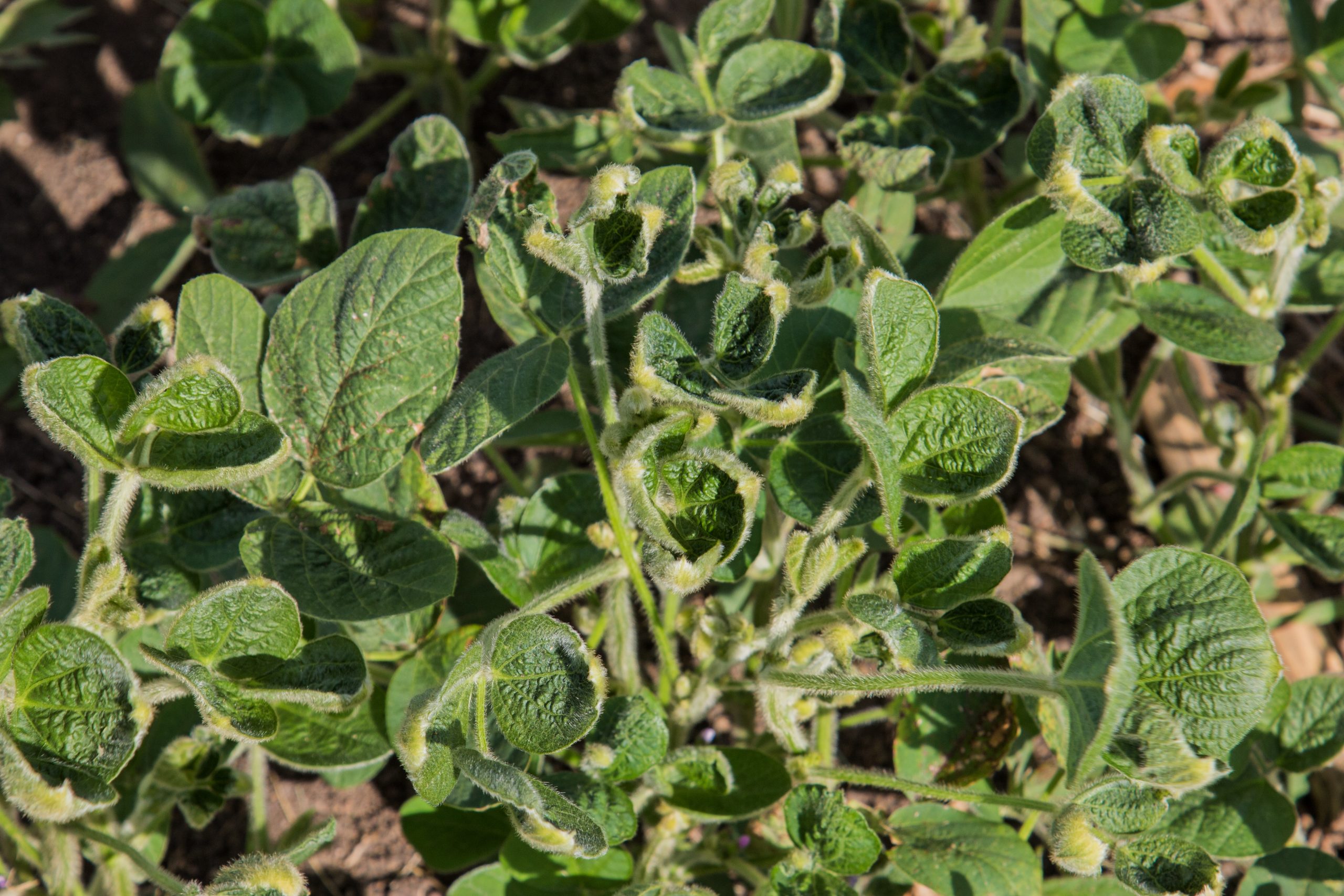Weedkiller complaints skyrocket among Illinois farmers

By vast
Published: January 28, 2020
Category: Pesticide Hazards, The Organic & Non-GMO Report Newsletter
State agriculture department records five-fold increase in crop damage complaints since 2016
Farmers in Illinois have filed a record number of complaints with the state about crop damage due to drift-prone herbicide dicamba.
As use of dicamba along with soybean seeds genetically modified to tolerate the weedkiller have increased, there have been mounting complaints nationwide about crop damage due to the herbicide’s volatility. Dicamba turns from a liquid to a gas and drifts to damage crops, fruits and vegetables, and ornamental trees. Millions of acres have been damaged by the herbicide in the past four years.
Data from the Illinois Department of Agriculture confirms the growing problems with dicamba. Crop damage complaints about the weedkiller have increased five-fold, from less than 130 total pesticide misuse reports in 2016 to more than 700 for dicamba alone as of September 2019.
Farmers say the weedkiller is dividing the farm community.
“It took good people and turned them against each other,” said Darryl Stein, who farms near Mascoutah, IL, in an interview with the St. Louis Post-Dispatch. “You shouldn’t have somebody else’s problem on your ground.”
A dispute over dicamba even led one Arkansas farmer to murder another in 2017.
Seven of Stein’s soybean fields “got nailed” again this year by dicamba drift, according to his son John.
Dicamba-tolerant soybeans were introduced in 2017 by Monsanto, which is now owned by Bayer. Company officials say that the seeds were grown on 60 million acres of U.S. soybeans and cotton.
Bayer along with rivals BASF and Corteva Agriscience sell dicamba formulas the companies claim have low volatility. But, based on the crop damage complaints, those claims seem highly dubious.
Bayer says it has fielded “significantly” fewer dicamba complaints this year than last.
But experts and farmers say damage isn’t reliably reported.
“People don’t want to rat out their neighbors,” said Andrew Thostenson, a pesticide specialist for the extension service of North Dakota State University, who has closely followed the nation’s dicamba saga.
Thostenson said official damage reports “grossly underestimate the problem out there.”
The damage has gotten to the point where some farmers feel pressured to grow dicamba-tolerant soybeans just to protect themselves from drift damage, a situation some have described as equal to extortion.
Source: St. Louis Post-Dispatch
To view source article, visit: https://www.stltoday.com/business/local/weedkiller-complaints-skyrocket-among-illinois-farmers/article_8a8fe703-b973-52a8-89f7-42fa14f5ef12.html








